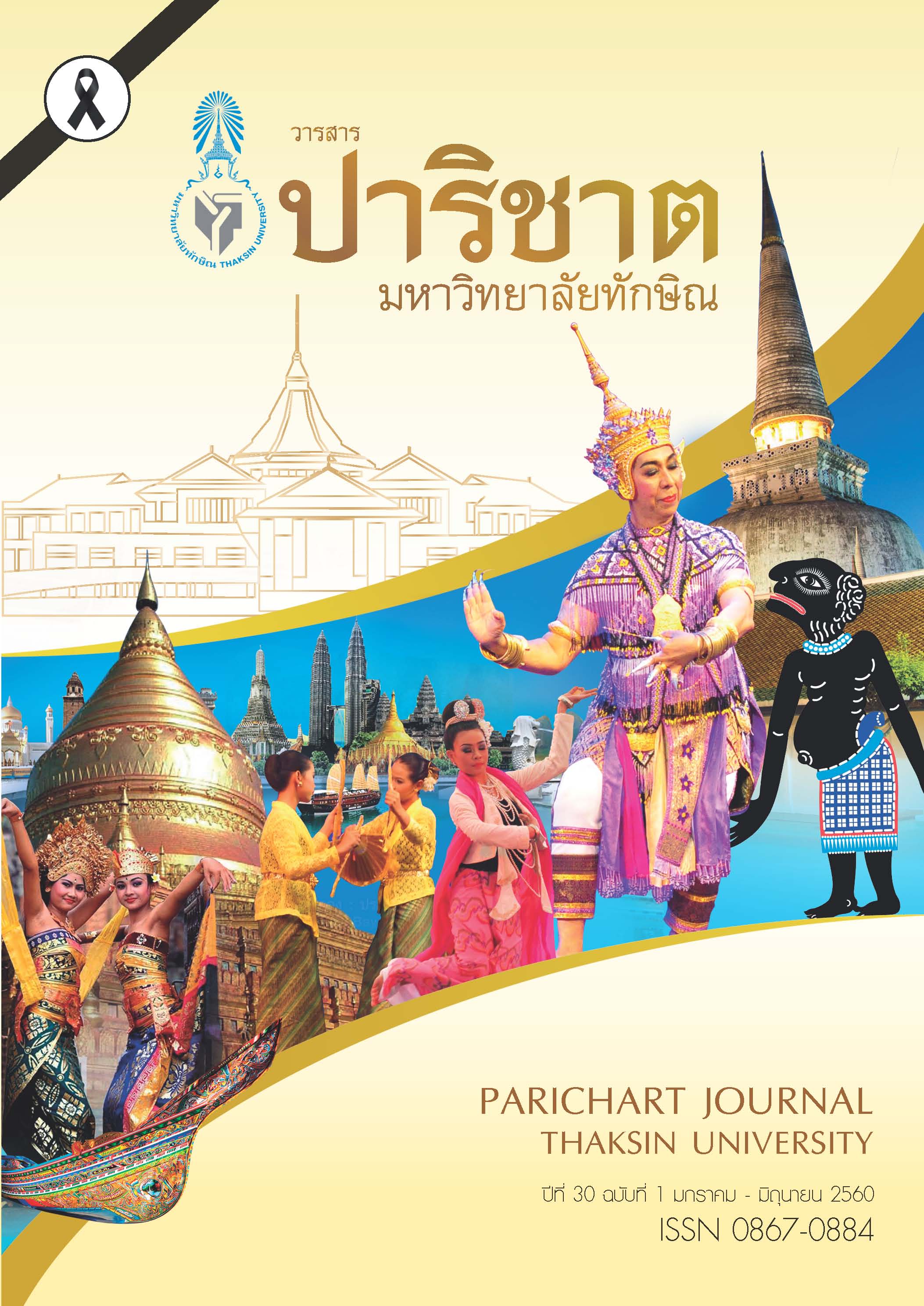Democracy and Buddhism
Main Article Content
Abstract
Abstract
This paper aims to report on the results of Thailand 45 volumes
of Tipitaka study. The objectives of the paper are in two folds: one is to
study the government systems existed during the Buddha’s Era; another is
to study the democracy described in the Buddhism texts.
Concerning the government during the Buddha’s era, two types
of government had been mentioned: one is the absolute monarchy with
one supremacy originated from the King, another one was the oligarchy
with the supremacy originated from the group of monarchs by having the
attendants of various ranks taking command and functioning according to
the group of monarchs’ orders.
On studying the government in Buddhism, originated from the
Buddha, the word ‘democracy’ did not exist but the government was called
‘Sangha’ (company). This has been considered as the monk government
form. However the essence of government in terms of doctrine has been
focused more than on the form. The essence content includes 1) defining
the meaning of democracy in Buddhist way concluded that “democracy
government is the government of self-governing people”; 2) the democracy
components studied are both forms and essence (functions). 3) The
doctrine (Dhamma principles) is to be practiced for the sake of achieving
proper democracy.


